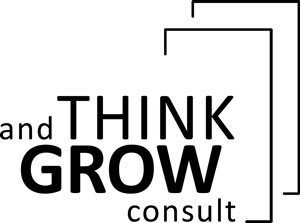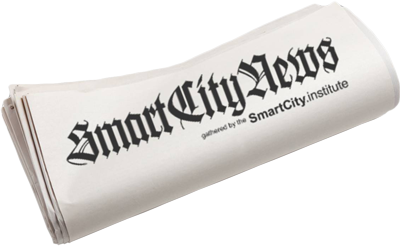Energy CompaniesBringing the company to the customer and becoming a providerAround the world, the energy sector faces an increasing number of sustainability-oriented consumers who consider it important to move beyond conventional methods of energy generation. Those consumers demand energy generated from renewable sources instead of from oil, coal, natural gas, and nuclear power. In the coming years, the pressure to act will make itself felt, even in places where it is currently not yet clearly noticeable. Natural disasters believed to be associated with climate change, radioactive contamination, oil spills, limited resources, and the steeply growing demand for energy by the world’s population will expedite this trend.Germany has become a pioneer on this front and, in the wake of the unbundling process of the past years, has presented the energy sector with the next far greater challenge: the energy turnaround. The disruptive transition associated with the turnaround will revolutionize the sector. Conventional business models used by energy companies are in danger of becoming obsolete; decentralization and digitalization are beginning to corrode the structures of this sector. From the companies’ perspective, it appears important to play an active role in implementing the energy turnaround, tap the value creation potential, and defend their customers against new stakeholders. The concept of a smart city offers a basis for doing this – while a revolutionized energy sector forms the basis of a smart city. Today, worldwide urban energy consumption already accounts for an estimated 60% of the global energy demand (cf. OECD/IEA, 2013) and will continue to rise at a disproportionately high rate. This trend can be countered through energy conservation on the demand side and the use of sustainable energy generation methods and storage technologies. A smart city can thus become sustainable in the long term based on the implementation of a smart grid. Energy companies need to adopt strategies geared to new and future market demands. Whereas the author has up to now advised her clients to “bring the customer to the company” in order to improve the quality of their services and satisfy their customers’ higher service expectations, she now (after customer orientation should have been incorporated in the CIP (continuous improvement process)) recommends “bringing the company to the customer” by promoting decentralized energy production and smart home solutions, while taking advantage of the value creation potential. The societal trend towards decentralization thus also has a bearing on the energy sector. In order to support energy companies in carrying out that process and to allow all relevant stakeholders to emerge as winners, we at the SmartCity.institute develop appropriate solutions and conduct research on product development for the “decentralized energy company of the future” (Etezadzadeh) as an energy service provider. Besides new energy services, intersectoral cooperation currently presents an attractive approach for achieving those goals. Whoever achieves a competitive edge in smart energy technologies and knowledge today will possess sought-after expertise in the future. We will continue our efforts and look forward to working with energy companies, municipalities, and product developers as we head toward the future. Please feel free to contact us to discuss your project. We look forward to hearing from you. Note: Would you like to use the content of this website for your own purposes? Then we kindly ask you to please cite the source. According to APA, this website can be cited as follows: Etezadzadeh, Chirine (2015). Bringing the company to the customer and becoming a provider. http://www.SmartCity.institute. Retrieved on: DD/MM/YYYY. |



